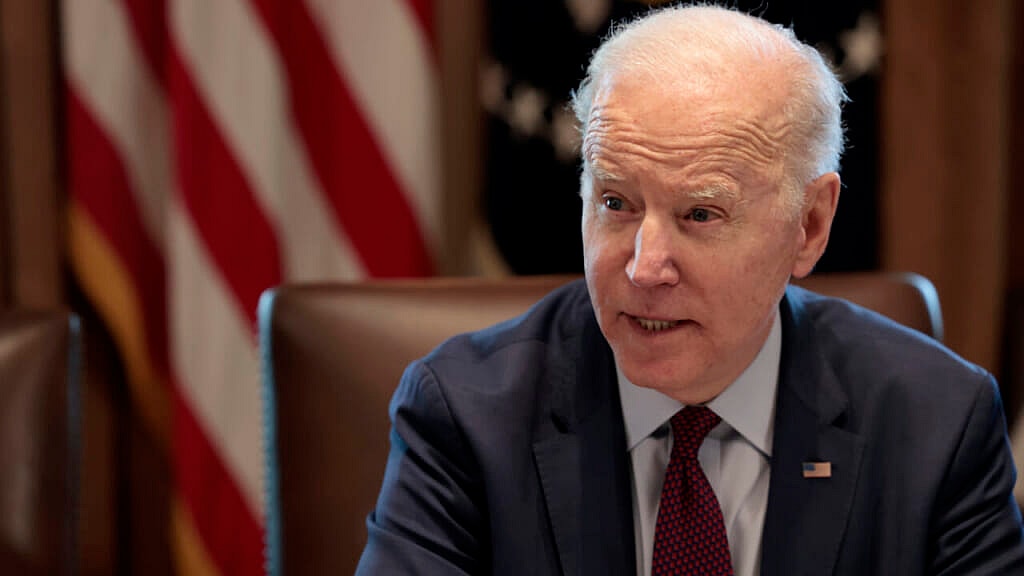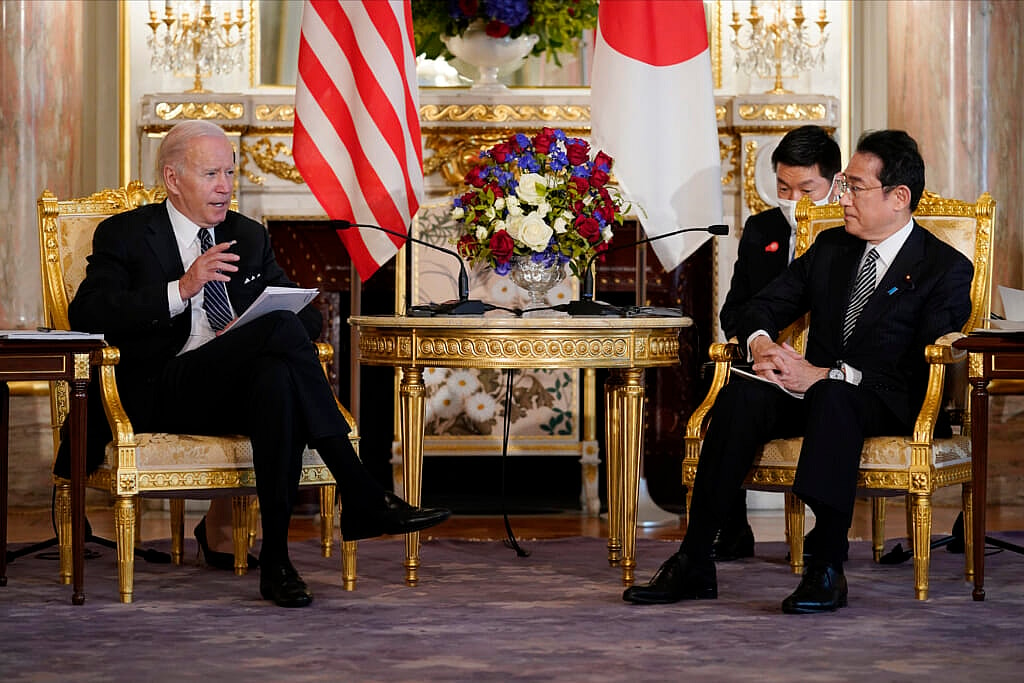President Joe Biden says he does not believe an economic recession in the U.S. is inevitable despite record-high inflation and supply shortages partly caused by Russia’s invasion of Ukraine.

Speaking at a news conference Monday in Tokyo, Biden acknowledged that the American economy has “problems,” but said it was better positioned than other countries.
“We have problems that the rest of the world has,” Biden said, “but less consequential than the rest of the world has.”
Biden acknowledged the impact that severe supply shortages and high energy prices are having on U.S. families. He said his administration was working to ease the pain for U.S. consumers, but said there were unlikely to be immediate solutions.
“This is going to be a haul,” Biden said. “This is going to take some time.”
Biden, who is in the midst of a five-day visit to South Korea and Japan, called the U.S.-Japanese alliance a “cornerstone of peace and prosperity in the Indo-Pacific” and thanked Japan for its “strong leadership” in standing up to Russia.
The White House announced plans to build the economic framework in October as a replacement for the Trans-Pacific Partnership, which the U.S. dropped out of in 2017 under then-President Donald Trump.

The new pact comes at a moment when the administration believes it has the edge in its competition with Beijing. Bloomberg Economics published a report last week projecting U.S. GDP growth at about 2.8% in 2022 compared to 2% for China, which has been trying to contain the coronavirus through strict lockdowns while also dealing with a property bust. The slowdown has undermined assumptions that China would automatically supplant the U.S. as the world’s leading economy.
“The fact that the United States will grow faster than China this year, for the first time since 1976, is a quite striking example of how countries in this region should be looking at the question of trends and trajectories,” said White House national security adviser Jake Sullivan.
Critics say the framework has gaping shortcomings. It doesn’t offer incentives to prospective partners by lowering tariffs or provide signatories with greater access to U.S. markets. Those limitations may not make the U.S. framework an attractive alternative to the Trans-Pacific Partnership, which still moved forward after the U.S. bailed out. China, the largest trading partner for many in the region, is also seeking to join TPP.
“I think a lot of partners are going to look at that list and say: ‘That’s a good list of issues. I’m happy to be involved,’” said Matthew Goodman, a former director for international economics on the National Security Council during President Barack Obama’s administration. But he said they also may ask, “Are we going to get any tangible benefits out of participating in this framework?”
TheGrio is FREE on your TV via Apple TV, Amazon Fire, Roku and Android TV. Also, please download theGrio mobile apps today!

